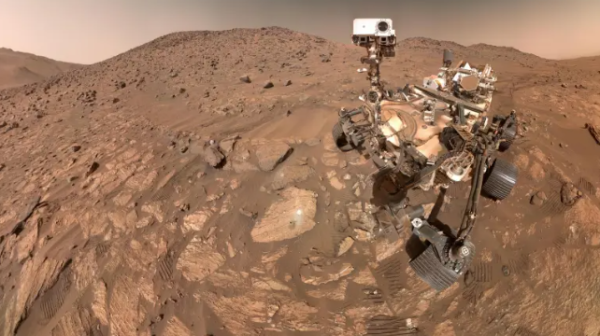Toyota and Yamaha Hydrogen V8
Most people think that Electric Vehicles (EVs) are going to be the future of automotive technology, replacing the common internal gas combustion engine. But engineers at Toyota and Yamaha have created a new V8 engine run on hydrogen.
The car company Toyota is known for being a reliable and cost-effective car manufacturing company. Yamaha is known for its on-road and off-road motorcycles. These two companies collaborated on previous projects like the Lexus LFA. They are now developing a hydrogen-powered V8. Hydrogen is a very new concept of internal combustion engines usually only used in small 4-cylinder hybrid cars.
Originally there were two common types of internal combustion fluids. Gas is made from crude oil and petroleum oils. They can vary from different qualities of octane having 87, 89, and 91-93 percent of octane in the fuel. Diesel is another type of fuel that combusts when compressed by the pistons of the engine. While introducing new EVs has been slow throughout the years, 2022 has seen many companies converting existing car brands to hybrid or electric vehicles. Examples include Ford’s Mustang Mach E, GMC’s EV Hummer, and all Teslas.
But this innovative engine Toyota and Yamaha are making will change the EV movement. Hydrogen fuel cell cars have been around for a couple of years but aren’t very popular because there are very few amounts of hydrogen fuel stations to fill up. But there are more advantages to using hydrogen than any other fuel. There is no carbon footprint produced by hydrogen cell fuel engines. When hydrogen is burned, it does not create CO2 like a regular gas-powered car but it does produce water vapor and warm air. It is also known that hydrogen engines can be two to three times more efficient than the regular internal combustion engine. So users will be able to travel the same distance on a third of their regular fuel consumption.
Toyota and Yamaha’s new engine makes 455 HP (horsepower) and 398 lb-ft of torque. These specs are very impressive but the downsides are that this new technology is difficult to store in cryogenic or high-pressure tanks.
Even with the cons, this engine will be innovative for the car community and people who still enjoy internal combustion engines. It provides hope for the internal combustion engines’ survival as EVs become more popular instead of completely discontinuing the internal combustion engine that car fans love.

Hi, my name is Jaydan Lee. I am a Junior, and this is my first year in Journalism. I am taking nine classes this year, including a zero period, six regular...







